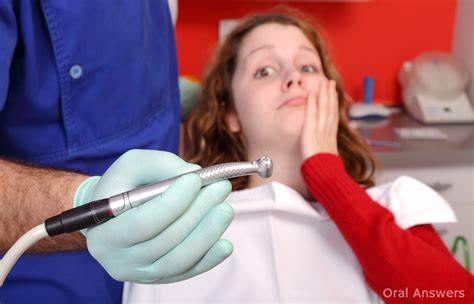Sorry, you can’t stop flossing

But dental professionals say that it is not time to abandon dental floss. Lack of good research does not prove that something is ineffective - it is not a priority for research funding.
What did the Associated Press investigation find?
The Associated Press report conducted five analyses of a total of 25 studies comparing the use of toothbrushes with the combined use of toothbrushes and floss. The review found that evidence supporting the health of dental floss cleaning is "very unreliable" and "very low" quality. Other studies cited by the American Dental Association and the American Academy of Periodontology have demonstrated the benefits of flossing, which used outdated testing methods that were too short or too few to be considered reliable. If you brush your teeth with a toothbrush and floss, it won't be more effective than brushing your teeth alone.
Why do you want to bring a grain of salt?
Those of us who have been accused of using improper dental floss in the past may think that this is correct. However, this shocking discovery does not mean that we should completely abandon the dental floss. Dr. Matthew Messina, a spokesperson for the American Dental Association, acknowledged that the quality of research supporting floss was poor; however, he insisted that floss is still an effective way to remove food between teeth.
"We need to remove bacteria from the teeth, gums and teeth," Messina said. Messina went on to point out that doctors already know that preventive measures are effective, but there is not much research funding for preventive measures. “There is only so much research funding and so much research work,” he said. “So the study of dental floss did not put much effort into it, just because we have other more important things to do.”
Messina went on to say: "No one has done a study saying that parachuting with a parachute is safer than not using a parachute." "I still use a parachute because we only know that it will work. It's all about putting it. In the right direction." Van der Weiden does agree that cleaning teeth is good. It is not clear whether dental floss is the most effective strategy - Van der Weeden prefers toothpicks. Dr. Messina also pointed out that for those who have difficulty using floss correctly, piranhas and interdental cleaners are an option.
YOU MAY ALSO LIKE




